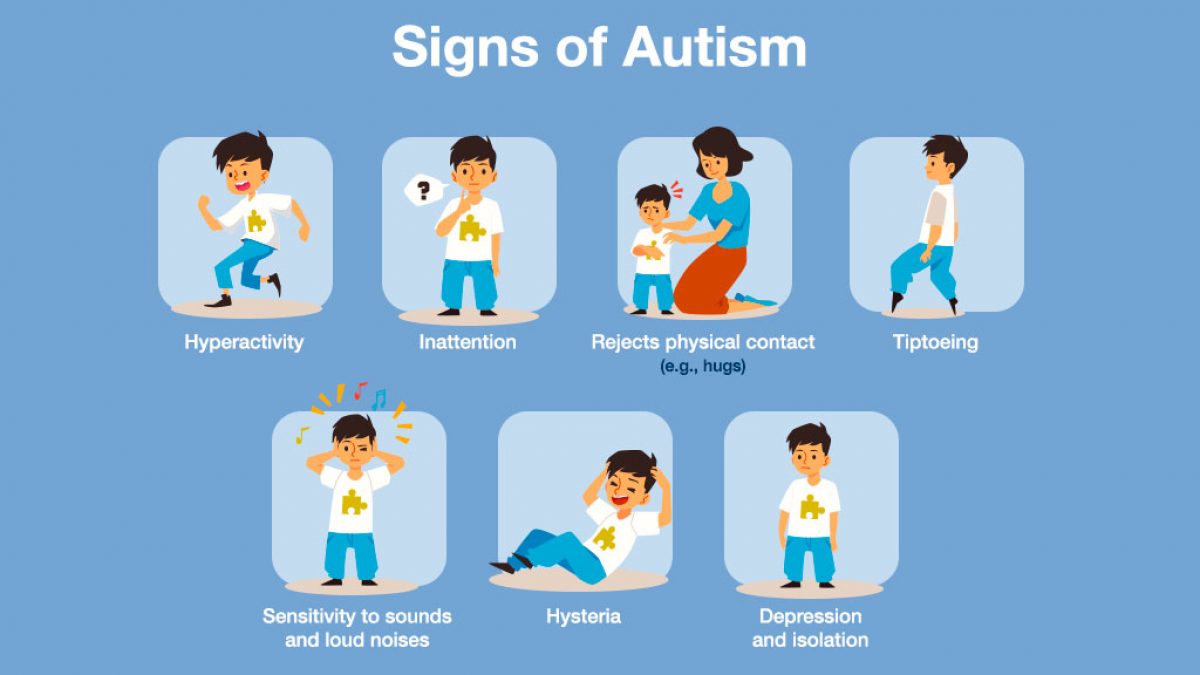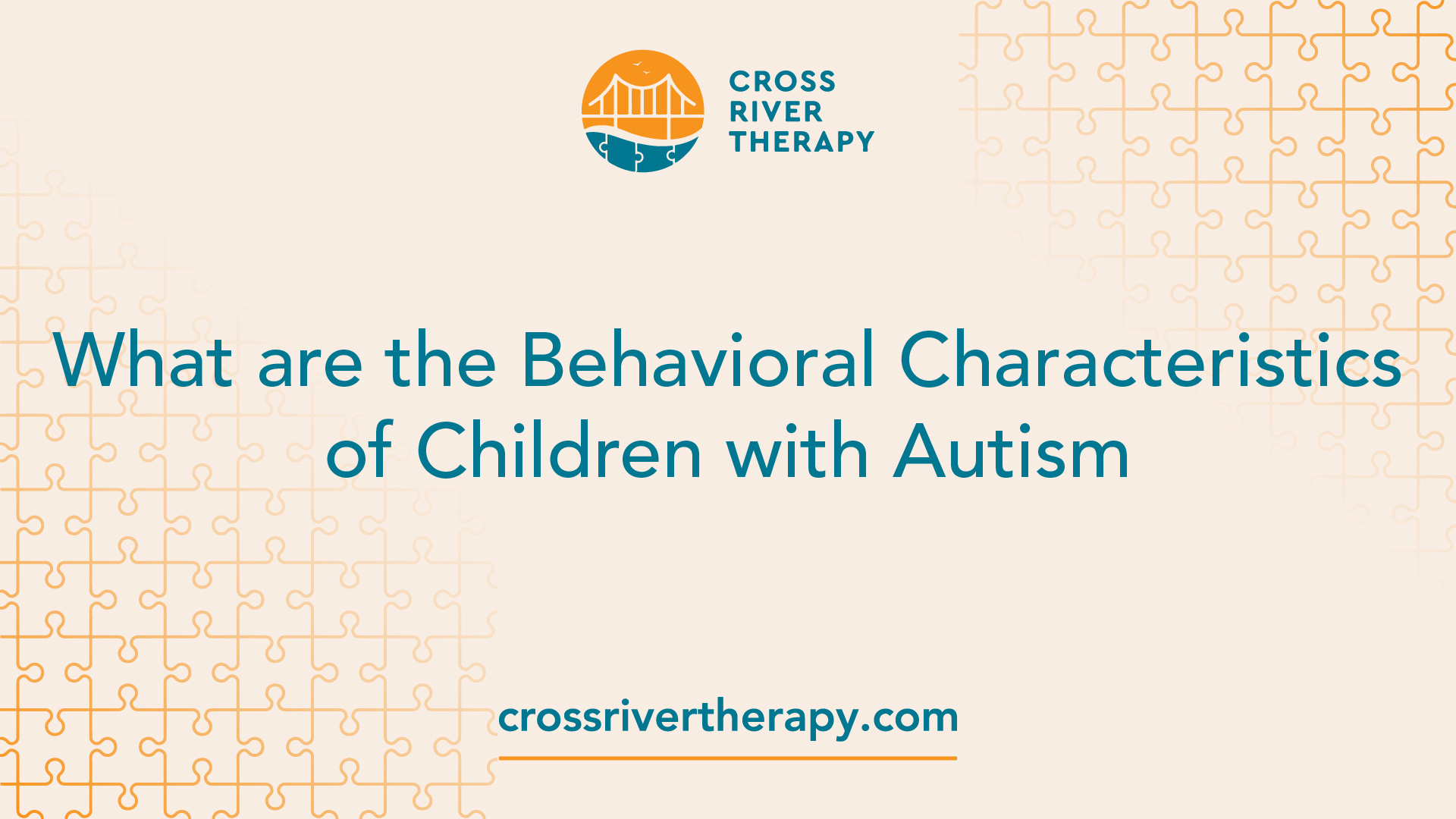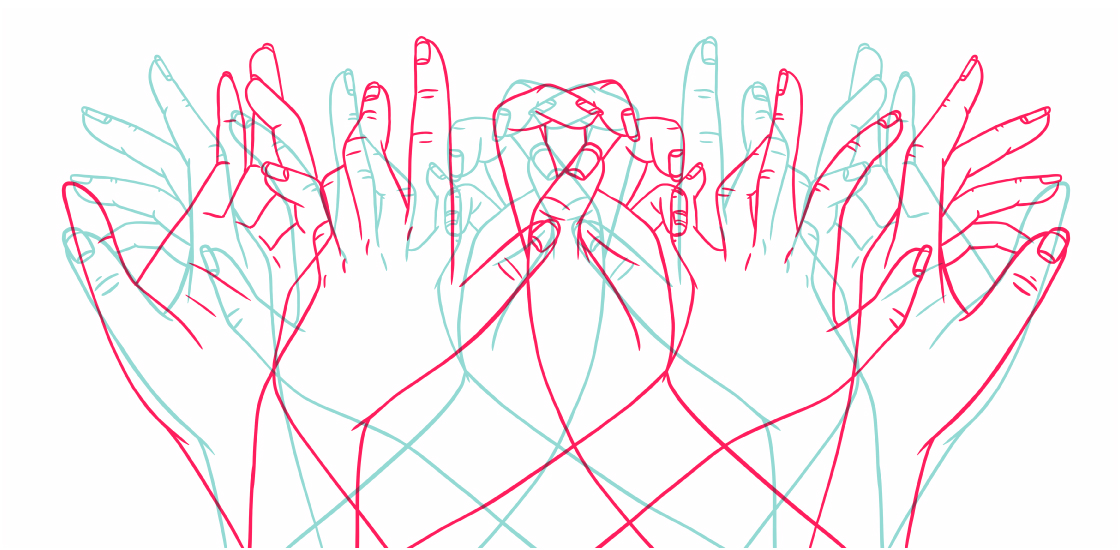Comprehending the Effect of Behavioral Autism on Daily Life and Social Communications
You might not realize exactly how deeply behavioral autism affects daily life and social communications. Individuals on the spectrum often navigate a world full of interaction obstacles and sensory overload. These challenges can lead to aggravation and seclusion, affecting their connections and total health. Recognizing these subtleties is essential for cultivating supportive settings. What methods can we carry out to develop more inclusive spaces and meaningful links? The solutions could stun you.
Specifying Behavior Autism and Its Features
Behavior autism, commonly referred to as autism range condition (ASD), incorporates a variety of problems defined by challenges in social interaction, communication, and recurring behaviors. You may see that people with ASD frequently battle to interpret social hints, which can lead to misconceptions in conversations. They may discover it hard to develop eye get in touch with or participate in little talk, making social scenarios really feel overwhelming.
Interaction troubles can show up in different methods, from delayed speech growth to a choice for making use of less words. Recurring actions, such as hand-flapping or shaking, can act as coping mechanisms to manage tension or sensory overload. These characteristics can exceptionally affect life, making it vital for you to recognize and support those with ASD. By recognizing these characteristics, you can promote a setting that advertises approval and motivates efficient interaction, aiding individuals with autism prosper in their daily communications.
The Spectrum of Autism: Recognizing Variability in Habits
Autism spectrum disorder (ASD) isn't a one-size-fits-all diagnosis; it differs commonly among people. You might see that some people with ASD show mild signs, while others may encounter extra significant obstacles. This variability can show up in habits, rate of interests, and sensory level of sensitivities. You may come across people who are very verbal and engage easily in discussions, while others could prefer solitary activities or interact non-verbally.
Additionally, the way people with ASD react to sensory input can differ significantly; some could be bewildered by bright lights or loud noises, whereas others thrive in boosting settings. The spectrum additionally includes distinctions in social communications; some people might struggle to analyze social cues, while others navigate social setups with loved one simplicity. Understanding this irregularity is vital, as it aids you appreciate each individual's special experience and dressmaker assistance to their specific needs, cultivating an extra inclusive atmosphere for every person.
Interaction Challenges Faced by Individuals With Autism
When you communicate with individuals on the autism spectrum, you might see their distinct interaction challenges. They usually encounter difficulties with both verbal and nonverbal signs, which can influence their social communications. Understanding these barriers is important for cultivating better connections and assistance.

Verbal Communication Problems
Many individuals on the autism spectrum experience spoken interaction difficulties that can significantly affect their everyday interactions. You might discover it challenging to reveal your thoughts, feelings, or requires clearly. This can bring about disappointment for both you and those around you, as misunderstandings happen. You might have problem with launching conversations, maintaining a topic, or comprehending nuances in speech. Often, you could favor utilizing simple language or recurring expressions, which can limit your ability to participate in deeper discussions. Your rate, quantity, or tone could not align with social assumptions, triggering others to misunderstand your purposes. Acknowledging these challenges can help you and your assistance network establish approaches to improve interaction and foster better connections with others in your day-to-day live.
Nonverbal Interaction Obstacles
Verbal interaction isn't the only challenge people on the autism spectrum face; nonverbal communication barriers can be just as significant. You could find it difficult to analyze body language, facial expressions, and eye get in touch with, which are vital for reliable interaction. These difficulties can result in misconceptions or false impressions of social signs, making communications really feel complex or overwhelming. You may struggle to share your very own feelings via nonverbal means, leaving others unclear of your objectives or sensations. This detach can produce feelings of isolation and stress. Identifying these barriers is vital for cultivating understanding and compassion in your communications. By dealing with nonverbal communication, you can discover methods to enhance your social experiences and enhance your general lifestyle.
Social Interaction Effects
Social communications can often feel frustrating due to the special interaction challenges dealt with by people with autism. Identifying these helpful resources obstacles can help you discover techniques to boost communication, such as practicing social abilities in safe settings or using visual aids. Comprehending visit this site your requirements allows you to browse social communications with greater confidence and ease.
Social Communication and Relationship Building in Autism
While building relationships can be testing for individuals with autism, recognizing their unique point of views and interaction designs can cultivate purposeful connections. You could see that several people on the spectrum choose direct communication and may battle with social cues or tiny talk. By being straightforward in your interactions, you can aid develop a setting where they feel comfy.
Put in the time to pay attention and observe exactly how they express themselves. This understanding can assist you in guiding conversations better. Taking part in shared rate of interests can additionally function as a bridge to deeper connections. Whether it's a hobby, a favored program, or a mutual enthusiasm, these typical threads can open doors to friendship.
Day-to-day Live Regimen: Navigating Methods and obstacles
Steering every day life regimens can be specifically challenging for people with autism, especially when unforeseen modifications occur. You could discover convenience in having an organized routine, as it assists you expect what's next. When disturbances take place, it's regular to really feel overwhelmed or distressed. To browse these challenges, consider executing aesthetic schedules or checklists. These devices can provide clarity and peace of mind.
Establishing a regimen that includes sensory breaks can likewise be valuable. This aids develop an understanding setting.
Lastly, practice mindfulness methods to take care of stress and stress and anxiety. Easy breathing workouts or grounding methods can make a significant difference. By integrating these methods, you can enhance your everyday routine and reduce disruptions, making life feel extra workable.
Strengths and Abilities of People on the Autism Spectrum
Recognizing daily life routines is just one facet of the autism experience. Numerous people on the autism spectrum possess exceptional toughness and capacities that establish them apart.
Moreover, your memory skills usually radiate, specifically in locations of interest. Autism Therapist. This flair for retaining info can make you a useful resource in fields like art, science, or innovation. You might additionally display strong visual reasoning, enabling you to picture intricate principles and address issues creatively
Furthermore, your anchor distinct perspective on the world can foster compassion and understanding in others, improving social interactions. Accepting these toughness not only enhances your self-confidence but also assists others value the diverse abilities you give the table.
Developing Inclusive Environments for People With Autism
Developing comprehensive settings for people with autism starts with creating sensory-friendly spaces that satisfy their unique needs. You can additionally promote possibilities for social interaction, aiding to construct relationships and links. By making these modifications, you'll contribute to a more welcoming atmosphere for everyone.
Creating Sensory-Friendly Spaces
While creating sensory-friendly areas, it's vital to reflect on the special requirements of individuals with autism. Incorporate quiet areas where people can reenergize and pull away when bewildered. Consist of aesthetic routines or clear signs to help people navigate the area confidently.
Promoting Social Communication Opportunities
Creating sensory-friendly areas not only addresses individual convenience yet additionally sets the stage for significant social communications amongst people with autism. To advertise these interactions, produce inclusive settings that welcome participation. Arrange structured activities, like art courses or group video games, that motivate cooperation without frustrating sensory input. Usage aesthetic help and clear interaction to aid everyone involve comfortably. Motivate peer mentoring, matching people with autism with helpful peers who can guide them through social situations. In addition, consider hosting routine area events that celebrate neurodiversity, cultivating acceptance and understanding amongst all participants. By implementing these methods, you can improve social opportunities, helping individuals with autism build relationships and reinforce their social abilities in a safe, inviting environment.

Regularly Asked Questions
Exactly How Can Pals Assistance Somebody With Behavioral Autism?
You can sustain a pal with behavior autism by holding your horses, paying attention proactively, and appreciating their limits. Involve in activities they delight in, connect freely, and create a comfortable setting where they feel valued and recognized.
What Resources Are Offered for Moms And Dads of Kid With Autism?
You can explore various resources for moms and dads of kids with autism, consisting of assistance teams, instructional sites, and regional social work. Getting in touch with other parents can also provide beneficial understandings and shared experiences to assist browse obstacles.
Can Behavioral Autism Change Over Time?

Yes, behavior autism can alter gradually. You might see shifts in interaction, social skills, and habits as your youngster expands. Early treatment and assistance frequently play vital functions in these developmental changes.
How Do Sensory Level Of Sensitivities Affect Every Day Life?
Sensory level of sensitivities can make everyday experiences frustrating. You might deal with brilliant lights or loud sounds, resulting in stress and anxiety or avoidance. Locating atmospheres that suit your requirements can greatly boost your comfort and total day-to-day live.
What Prevail Misconceptions Concerning Behavioral Autism?
You could believe behavioral autism just impacts communication skills, but it's more facility. Many presume people do not have compassion or knowledge, which isn't true. Recognizing these misunderstandings aids foster acceptance and assistance for those on the spectrum.
Behavioral autism, commonly referred to as autism range disorder (ASD), encompasses an array of problems defined by difficulties in social interaction, interaction, and recurring habits.Social communications can commonly really feel overwhelming due to the unique interaction difficulties dealt with by people with autism.Designing sensory-friendly areas not only addresses specific comfort but additionally sets the stage for significant social communications amongst individuals with autism. Encourage peer mentoring, combining people with autism with encouraging peers that can guide them with social circumstances. By executing these approaches, you can enhance social opportunities, assisting people with autism construct relationships and reinforce their social skills in a risk-free, inviting setting.